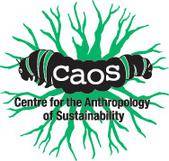Our research takes an anthropological perspective on sustainability.
 Projects
Projects

Hunter-Gatherer Resilience: Past, present and future adaptations to a world in transition.
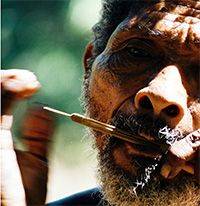
Hunting and gathering have been the major occupation of humans since Homo sapiens emerged. Although it has been the longest and most diverse bio-cultural adaptation in humanity’s existence, we know very little about the ways in which hunter-gatherers have adapted to pressures and maintained their resilience. Resilience ultimately lies in their capacity of adaptation to an ever changing environment.
Our Leverhulme funded project: Hunter-gatherers Resilience studies hunter gatherers in Congo, The Philippines and Papua New Guinea using behavioural economics, life history theory, theories of cooperation, cultural transmission and genetics to explore how variation in life history traits (age at reproduction, inter-birth intervals menopause and others), kin selection, mate systems, cooperative behaviour (cooperative breeding, cooperative hunting, food sharing, among others), differentially contribute to hunter-gatherer past, present and future resilience.
Researchers
Prof Ruth Mace
Prof Mace's anthropological interest in sustainability encompasses evolutionary demography and life history; co-operation and competition within families and wider groups as well as cultural transmission and the establishment of social norms. Her current research projects include village-level studies of the impact of development initiatives on fertility and mortality; studies in the evolutionary ecology of reproduction in rural populations; and studies of family structure, parental investment and child development in the UK.
Dr Jerome Lewis
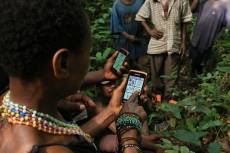
Dr Marc Brightman
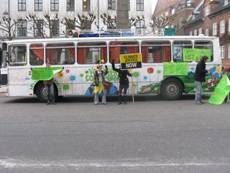
Dr Rebecca Empson
Dr Empson has recently secured funding for a five year ERC-funded project entitled ‘Emerging Subjects of the New Economy: Tracing Economic Growth in Mongolia’, to start in September this year. This project, composed of a group of researchers exploring the form of capitalism emerging in Mongolia’s mineral economy, will seek to understand how local economic engagements come to determine the economy in particular ways that gives rise to new capitalist vernaculars and forms of subjectivity. The project is composed of five distinct ethnographic studies, including a study of loan and credit systems, changing property regimes and understandings of ownership, religious and nationalist ideologies, and the mining industry itself. This is a timely project as the sustainability of Mongolian pasture land is being challenged by mineral and water extraction as well as over-grazing and pollution. Dr Empson has also been carrying out fieldwork in a West Sussex coastal town on the effects of coastal infrastructure, storms and plastic waste on people's perceptions of the sea.
Prof Martin Holbraad
Prof Martin Holbraad co-directs the Cosmology, Religion, Ontology and Culture Research Group (CROC), which brings UCL staff and graduate students together to study comparatively the ways in which people locate themselves in relation to the ultimate horizons of their existence. Based on his own ethnographic research in Cuba, he has published widely on Afro-Cuban mythology, cosmology and ritual practice, including the monograph Truth in Motion: The Recursive Anthropology of Cuban Divination (2012, Chicago). Having also worked on questions of the anthropology of security, he currently leads a 5-year project on the comparative anthropology of revolutions in Latin America and the MENA region, funded by an ERC Consolidator Grant.
Dr Charlotte Johnson
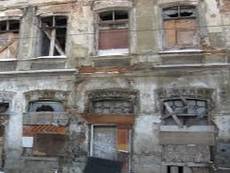
Dr Alice Elliot
Dr Elliot is a Leverhulme Trust Early Career Fellow at the Department of Anthropology of University College London. A social anthropologist, she specialises in the study of transnational movement, and has been conducting extensive research since 2006 in both Europe and North Africa on the social and cultural dimensions of migration. She has published in English, Italian, and French on the relationship between migration and gender, Islam, political and intimate subjectivity, alternative economies, theory and method in anthropology. Alice obtained her Ph.D. in Anthropology from UCL in 2012, with a thesis titled Reckoning with the Outside: Emigration and the Imagination of Life in Central Morocco. She is now developing a research project on Tunisian migrations exploring how the conjuncture of economic crisis in Europe and political turmoil in North Africa is generating novel ways of imagining theological, political, and intimate futures.
Dr Jane Dickson
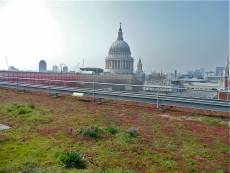
Carolina Comandulli
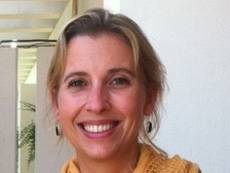
 Close
Close


